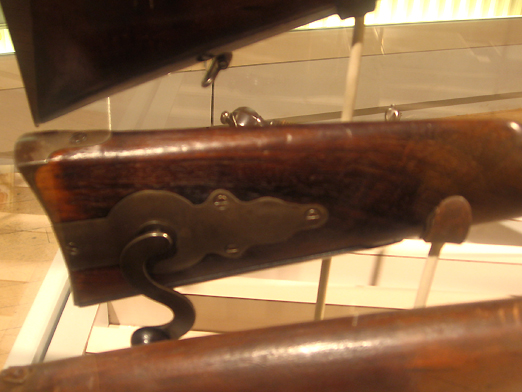The New York Times has a piece talking about what some people consider another “weapon of war,” and it is coffee. Of course, in the context of the Civil War, they are probably right about that designation. From the article on the history of coffee in the War Between the States:
For Union soldiers, and the lucky Confederates who could scrounge some, coffee fueled the war. Soldiers drank it before marches, after marches, on patrol, during combat. In their diaries, “coffee†appears more frequently than the words “rifle,†“cannon†or “bullet.†Ragged veterans and tired nurses agreed with one diarist: “Nobody can ‘soldier’ without coffee.â€
The piece even mentions “The Coffee Mill Sharps,” though the author apparently hasn’t kept up with the research on this front since it seems that there’s more consensus now that it was never designed to grind coffee, but likely grain.
Regardless of that minor error on the coffee grinding Sharps, the piece was a really interesting read when it comes to the history and value of coffee in this country.


EB Sledge, in his account of the Pacific War (With The Old Breed), noted that one thing he learned in the Marines was how a good cup of coffee “could be the staff of life”.
Agar “coffee mill” gun:
http://en.wikipedia.org/wiki/Agar_gun
Thinking of Roman reenactors, it amazes me that the Romans conquered “the world” without a drop of coffee. Or even tea.
Geo. W. Peck, author of the Peck’s Bad Boy stories, which everyone should read, also wrote a personal history of his time as a Union soldier, trying his best to not get shot or shoot anybody who wasn’t trying to shoot him, mentioned swapping coffee for tobacco with Confederate pickets while on picket duty.
It seems strange that a nation so wedded to coffee also gave the world Starbucks. /sarc
On the other hand, the mid-80s MRE instant coffee I used to drink in the field should be classified as a WMD.
I would argue the same for ANY instant “coffee”.
My father-in-law makes to this day what he calls Navy Coffee, a drink so strong the spoon either stands up in the cup or dissolves, depending on the metal used to make that spoon.